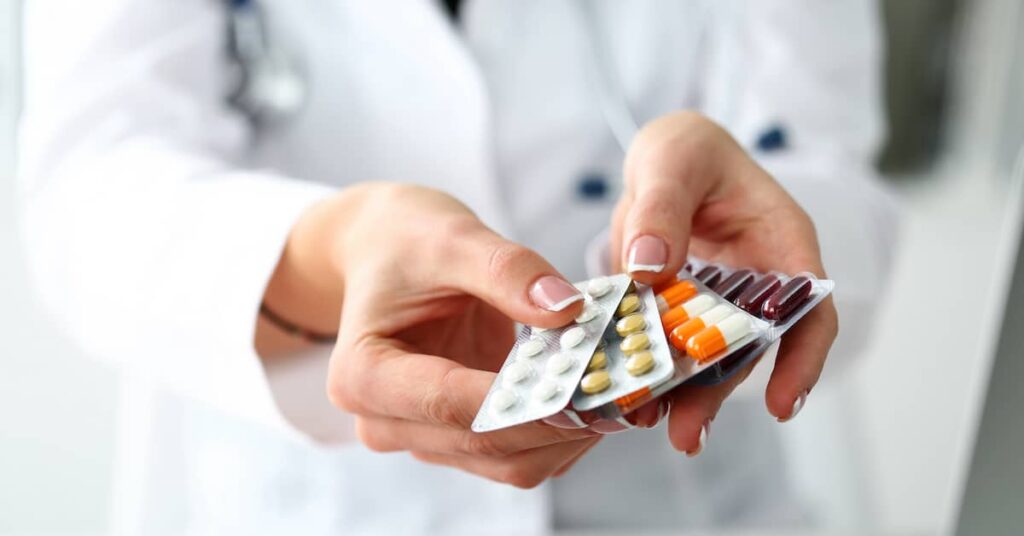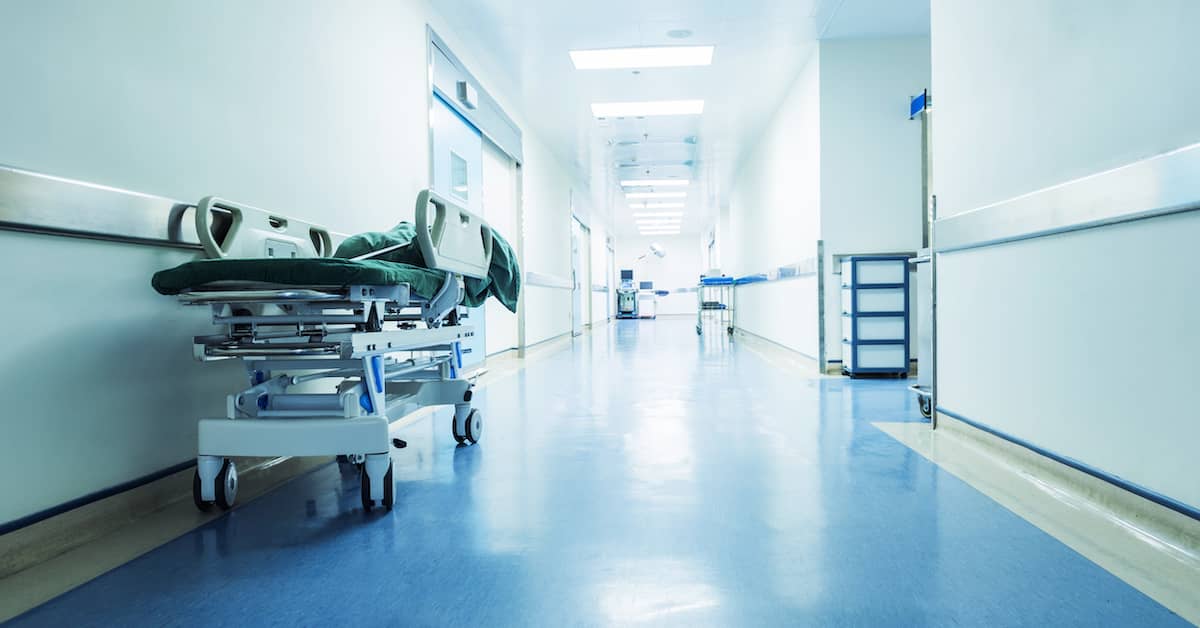
How to Search the FDA’s Adverse Event Databases
A dangerous drug lawsuit can help consumers harmed by pharmaceuticals obtain compensation for their losses. It is a sad fact that individuals suffer injuries every day while using products regulated by the U.S. Food and Drug Administration (FDA). When such injuries occur, consumers and medical providers can report these events to the FDA. Such reporting is important to allow the FDA to analyze the safety of the products it regulates.
Not many people know that the databases that hold these reports are publicly accessible and searchable. This allows ordinary consumers to look up the products they use (including drugs and human biologics, medical devices, vaccines, and more) and see if any adverse experiences have been reported.
Reports of injuries, sometimes called adverse event reports, are maintained in several FDA databases. They are organized by product type. If you were injured by a dangerous drug or medical device, you should consider speaking to a knowledgeable lawyer about your right to file a claim.
Burg Simpson can help you pursue a dangerous drug lawsuit. Call 888-895-2080 today for a FREE and confidential case evaluation.
What Is an Adverse Event?
The Code of Federal Regulations (CFR) defines an “adverse event” as follows:
“Adverse event means any untoward medical occurrence associated with the use of a drug in humans, whether or not considered drug related.”
– 21CFR312.32(a)
The FDA is principally concerned with adverse events classified as life-threatening (i.e., “its occurrence places the patient or subject at immediate risk of death”) or serious (i.e., “it results in any of the following outcomes: Death, a life-threatening adverse event, inpatient hospitalization or prolongation of existing hospitalization, a persistent or significant incapacity or substantial disruption of the ability to conduct normal life functions, or a congenital anomaly/birth defect”).
Causation of an adverse event is also recorded by the FDA. For example, a “suspected adverse reaction” refers to an adverse event where “there is evidence to suggest a causal relationship between the drug and the adverse event.” An adverse event or suspected adverse reaction may be deemed “unexpected” if the event is not listed in existing documentation, “is not listed at the specificity or severity that has been observed,” or “is not consistent with the risk information described in the general investigational plan or elsewhere in the current application.”
Bottom line: Adverse events may present in a host of different forms. If you or someone you love suffered an adverse event after taking a drug, using a medical device, etc., you can check the appropriate FDA adverse event database (see below) to see how other consumers may have been affected. You should also speak to a product liability attorney as soon as possible, as you may have grounds for a dangerous drug lawsuit.
FDA Databases
The FDA maintains multiple databases for adverse events reporting. If you are looking for information on a particular drug or medical product, you will need to visit the corresponding database:
Drugs & Human Biologics
The FAERS database (FDA Adverse Event Reporting System) contains adverse event reports related to drugs and biologic products (e.g., gene therapy, blood, human tissue). These reports have been submitted by the pharmaceutical industry, healthcare providers, and consumers.
Public access is available through:
- The FAERS Public Dashboard, a searchable web-based tool
- Downloadable FAERS raw data (released on a quarterly basis by the FDA)
When searching for a specific drug on the Public Dashboard, remember that drugs have a generic name and can have multiple brand names. It can be helpful to include the drug’s generic name and other brand names in your initial search. This specific database will limit you to five drug names.
Medical Devices
The MAUDE database (Manufacturer And User Facility Device Experience) contains adverse event reports related to medical devices submitted by device manufacturers, healthcare providers, and consumers.
Public access is available through:
- A searchable web-based tool
- Exporting and downloading raw data sets from the FDA website
When using the web-based MAUDE database, it is important to be careful in your searches. Many devices have similar names. Device manufacturers also produce different versions of the same device. It is important to search for the specific device that you have.
If you do not recall the specific name of your medical device, it should be in your medical records. You can obtain a copy of your records by reaching out to your medical provider. If you are considering legal action after suffering injury due to a defective medical device, a lawyer can help you get a copy of your records.
Vaccines
The VAERS database (Vaccine Adverse Event Reporting System) contains adverse event reports on vaccine-related injuries submitted by healthcare providers and consumers. This database is maintained jointly by the FDA and the Centers for Disease Control and Prevention (CDC).
Public access is available through both agencies:
- Searchable web-based tool from the CDC Wonder database
- Export and download of data sets through the FDA VAERS data system
Victims of vaccine injury have limited options to pursue compensation for side effects. Pharmaceutical companies are generally immune from civil lawsuits for adverse events associated with most vaccines. Your only legal option may be filing a petition with the National Vaccine Injury Compensation Program.
Cosmetics, Dietary Supplements & Food
The FDA regulates dietary supplements as food, not drugs. Likewise, cosmetics are regulated separately from drugs. The FDA’s Center for Food Safety and Applied Nutrition (CFSAN) is responsible for overseeing and regulating dietary supplements, cosmetics, and food.
For consumers, the distinctions between these different products may be difficult to understand. If you experienced an adverse event after using a cosmetic product or dietary supplement, you can find information on the CAERS database (CFSAN Adverse Event Reporting System).
The CAERS database can be reviewed by downloading raw data sets on the FDA website. A searchable, web-based tool for this database is not currently available.
Do I Have a Dangerous Drug Lawsuit?
Searching the FDA’s adverse events databases can show you how many other consumers were adversely affected after using a particular drug, medical device, etc., as well as how their injuries compare to yours. It should be noted that there are limitations to these data. Reports in these databases are not necessarily reviewed by medical professionals. Additionally, the existence of a report does not establish a cause-and-effect relationship.
While it is comforting to know that you are not alone, your legal rights after an injury depend on your specific situation. A dangerous drugs and medical devices lawyer can review your case, investigate the cause of your injuries, and advise you of your options for pursuing compensation. You may be entitled to recovery of damages through an individual claim, or you may qualify for a class action lawsuit.
Both product liability claims and class action litigation are complicated. It is in your best interest to speak to a lawyer as soon as possible after suffering an adverse event from a medication, a medical device, or other product.
Contact Our Nationwide Law Firm Today
A dangerous drug lawsuit involves a variety of challenges. Most consumers do not know where to begin, and mistakes in bringing a claim can be costly. You need qualified legal guidance if you were seriously injured or lost a loved one.
Burg Simpson is a recognized leader in the field of class actions and mass torts. Individual attorneys and our firm as a whole have won multiple awards for our handling of complex legal matters involving dangerous drugs and medical devices. Our firm has gone up against pharmaceutical companies and device manufacturers multiple times, negotiating fair settlements and even obtaining favorable judgments at trial.
For a FREE and confidential case evaluation, contact Burg Simpson today. Our law offices nationwide handle dangerous drug lawsuits and defective medical device claims on behalf of clients throughout the country.






